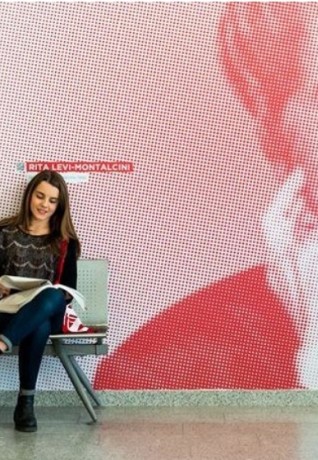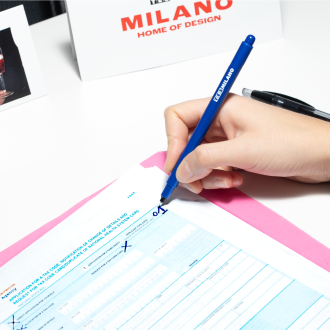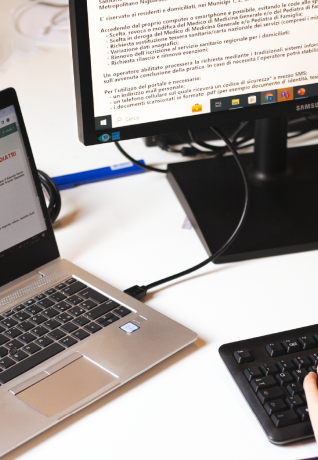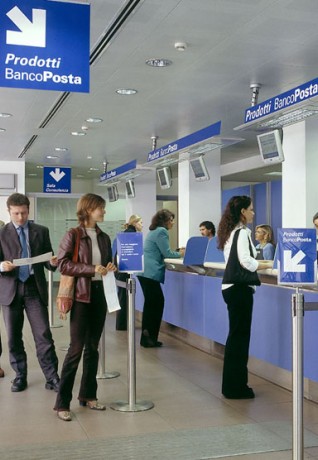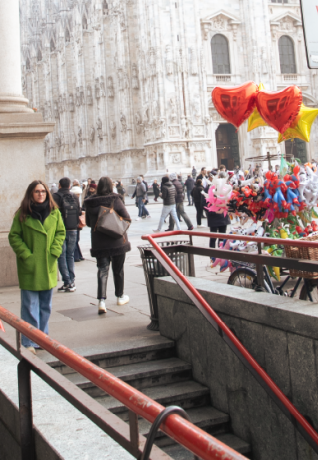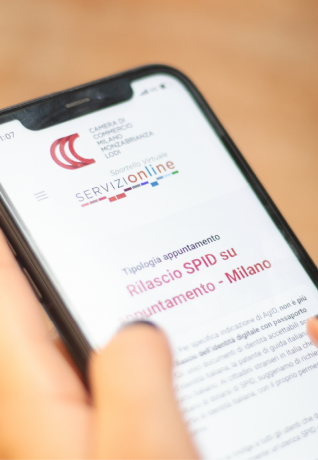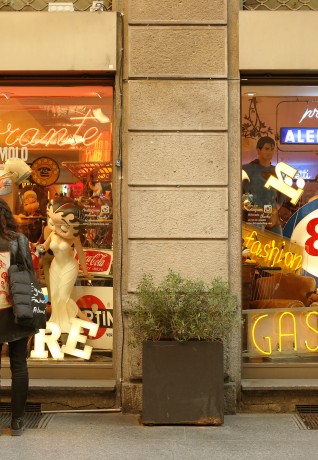Understand scholarships and study grants
More reasons to study in Milano
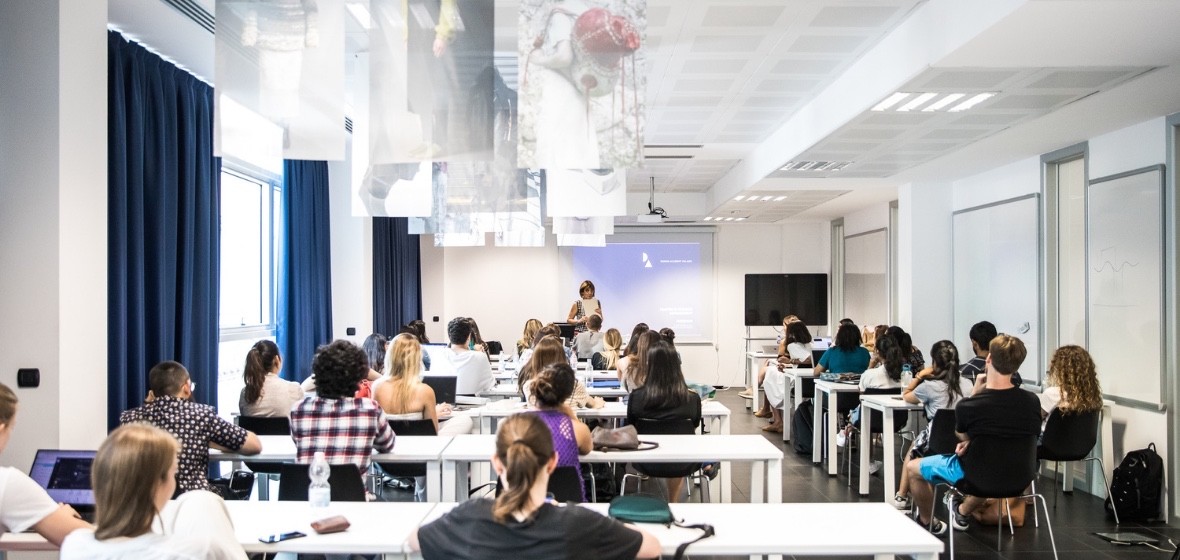
Milanese universities offer hundreds of scholarships that both italian and international students can apply for, to help you pay tuition fees and support you throughout your studies in our city.
Scholarships are not just available to students who are academically gifted or have an A average, but are given according to a combination of condition and merit.
So, no matter where you’re from or how good you are in what you’re studying, it’s worth doing some research to find the scholarship that could work for you.
Scholarships come in various forms, but at their core, they represent financial aid that does not need to be repaid—a type of sponsorship for your education. Most scholarships cover tuition fees either fully or partially, and some may also include benefits such as meals, accommodation, or a modest living stipend. In certain cases, recipients are expected to fulfill specific obligations, such as writing a targeted thesis, participating in a designated project, or completing a work placement either at the university or with a partner organization after graduation.
Scholarships may be awarded based on factors such as country of origin, field of study, or demonstrated potential to serve as an ambassador for the host institution.
Major Milano universities offer undergraduate scholarships for bachelor degrees, and particularly postgraduate scholarships for Master’s Degrees and PhD courses.
Each university has various kinds of scholarships in addition to the ones given by the Italian government and administered by the Lombardy Region, so make sure you consider all your options.
Below are the main types available:
1. Merit-Based Scholarships
Awarded to students with outstanding academic achievement, talent, or performance. Criteria often include high school or university grades, standardized test scores, or exceptional performance in arts, sports, or research.
2. Need-Based Scholarships
Granted to students with limited financial resources. Eligibility is usually determined by income-related documentation to assess the student’s and family's economic situation.
3. DSU Scholarships (Right to Education – Italy)
Specifically designed to promote access to higher education regardless of financial background. Based on both economic condition (ISEE/ISEEU parificato) and academic merit (credits earned). Includes tuition waivers, accommodation, and free meals.
4. Field-Specific Scholarships
Offered to students pursuing studies in particular disciplines—such as STEM, education, healthcare, or the arts. Often funded by universities, foundations, or companies investing in specific sectors.
5. Destination-Based Scholarships
Provided by a host country or university to attract international students. Examples include the Erasmus+ program in the EU.
6. University-Specific Scholarships
Each university may offer its own scholarships funded by internal resources, alumni, or partner organizations. These may target specific groups like high-performing freshmen, international students, or those involved in extracurricular activities.
7. Research or Project-Based Scholarships
Linked to specific research projects, PhD programs, or thesis work. Often include a stipend and may require active participation in university labs or academic departments.
8. Social or Identity-Based Scholarships
Designed to support underrepresented or disadvantaged groups—such as women in STEM, first-generation students, refugees, or individuals from specific ethnic or regional backgrounds.
Calls for applications are published before the academic year begins, and applications are usually submitted online.
Students should consult the official website of their university for specific deadlines, requirements, and available benefits.
The Right to University Education (Diritto allo Studio Universitario – DSU) ensures that all students, including those from economically disadvantaged backgrounds, have the opportunity to pursue higher education at universities or institutions of Higher Artistic, Musical and Choreutic Education (AFAM) in Italy. DSU scholarships may fully or partially cover tuition fees and also include benefits such as free meals at university canteens and subsidized accommodation in student residences.
Eligibility is based on both financial need—measured through the ISEE (Equivalent Economic Situation Indicator) and ISPE—and academic merit, typically assessed through the number of university credits earned.
Government funds are managed by the Lombardy Region and distributed through DSU offices at each university, which provide guidance and support throughout the application process.To obtain the required financial documentation, students must contact an authorized tax assistance center (CAAF) and request the “ISEE for university financial aid” certificate.
International students who are not tax residents in Italy are not required to submit a standard ISEE, but instead must request a Parificato ISEE (also known as Equivalent ISEE or ISEEU parificato). This is a certified evaluation of the student’s financial situation based on official documents from their home country, including family income, assets, and household composition. These documents must be translated into Italian and legalized or apostilled, depending on the country of origin. The finalized documentation must then be submitted to a CAF affiliated with the university, which will calculate the equivalent ISEE necessary for the scholarship application.

 Log in
Log in

